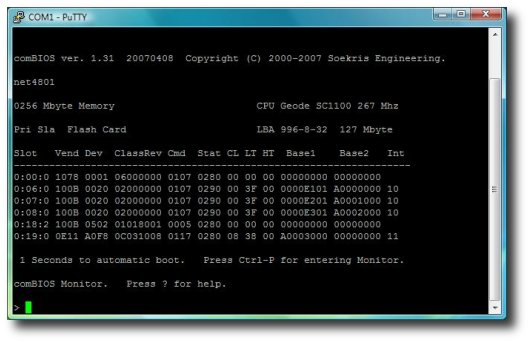

“Internet cafes were broken into and all visitors were arrested.


The Syrian government clamped down by tracking people spreading anti-government messages. Governments soon caught on and started using social media to their advantage. When Twitter was shut down in Egypt, services like Speak To Tweet were launched, giving people a phone number they could call and record their messages, which were then transcribed and posted, allowing information out of the country and giving the world at large and media, in particular, access to what was happening on the ground. “Governments would simply block whole websites, but we saw that fail in Tunisia, we saw it fail in Egypt because it put more people out onto the streets,” Jillian York, director for international freedom of expression at the Electronic Frontier Foundation (EFF), told Al Jazeera.Īlthough Facebook and text messaging were the most popular means of communication during the protests, Twitter played a more outward-looking role: getting information to an international audience.Īccording to York, Twitter’s biggest effect in Tunisia’s uprising was a result of exiled Tunisians sharing information on what was happening in the country, bringing it to the attention of international media. Weeks later, Mubarak was overthrown by the Egyptians.
Tweetadder 4 crack tv#
Governments were actively trying to prevent citizens from organising protests, much in the same way they would ban public gatherings and demonstrations, but they did not yet grasp the potential reach of social media.Ī seemingly unworried then-Egyptian President Hosni Mubarak responded with a laconic “let them play” when asked in a TV interview about the role of social media in the protests against him in early 2011. “We cannot ignore the role of social media in expanding the protests and exposing the crimes and practices, as it was the means available to all,” Samer said.Īccording to the Arab Social Media report by the Dubai School of Government, published at the time of the Syrian protests, “the growth of social media in the region and the shift in usage trends played a critical role in mobilisation, empowerment, shaping opinions and influencing change” during the Arab Spring. He had joined anti-government demonstrations early on in the eastern city of Deir Az Zor, joining protesters who used social media sites such as Facebook, Skype and, to a lesser degree, Twitter, to organise rallies.

“Social media was a breath of fresh air for the people after the start of the Syrian revolution,” Samer, a Syrian activist and author of The Raqqa Diaries: Escape from Islamic State, told Al Jazeera. It was moving from a platform that activists were using to share information about the situation in their countries, to one where the heavy hand of government could be seen, as the bots monitored the discourse and flooding the public space with their propaganda. In addition to outright attacks, the anonymous accounts, known as bots, were flooding activist hashtags with unrelated content like “photography, old Syrian sports scores, links to Syrian comedy shows, pro-regime news”, diluting their messaging, said Qtiesh. On his blog in April 2011, a month after the revolutions took hold, Qtiesh noted how the anonymous accounts “verbally assaulted … anyone tweeting favourably about the ongoing protests or criticising the regime”. They seemed to come out of nowhere, swarms of anonymous Twitter accounts that attacked anyone who supported the protests against Bashar al-Assad, the president of Syria.Īnas Qtiesh, a blogger, noticed them around the start of the Syrian uprising while he was monitoring what was happening on the ground. How armies of fake accounts ‘ruined’ Twitter in the Middle East.Government talking points are being magnified through thousands of accounts during politically fraught times and silencing people on Twitter is only part of a large-scale effort by governments to stop human rights activists and opponents of the state from being heard.
Tweetadder 4 crack series#
In this series of articles, Al Jazeera examines how Twitter in the Middle East has changed since the Arab Spring.


 0 kommentar(er)
0 kommentar(er)
